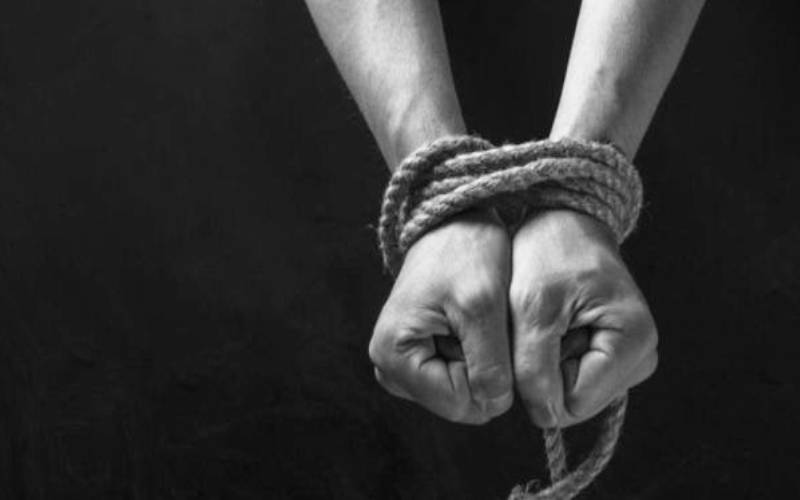×
The Standard e-Paper
Home To Bold Columnists

Are there Kenyans who sell off their fellow Kenyans to make money? Put differently, are there adult Kenyans who consciously purpose to trade fellow Kenyans in order to earn a living? Unfortunately, yes!